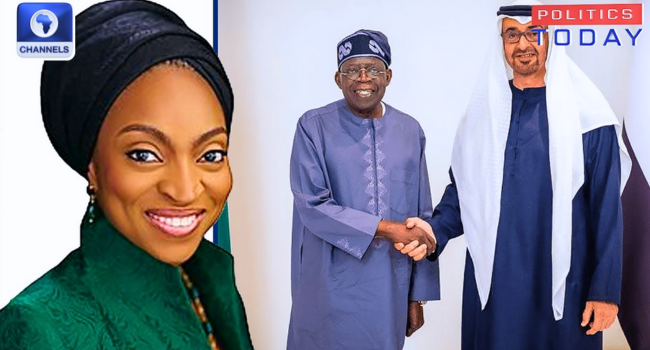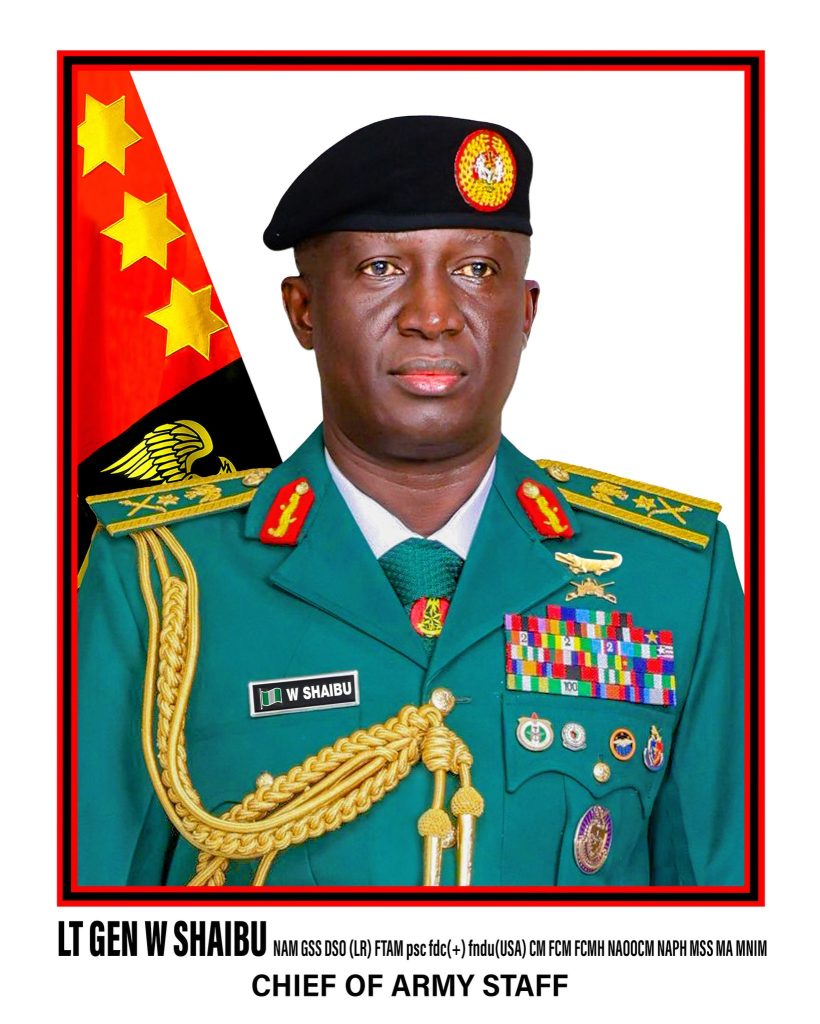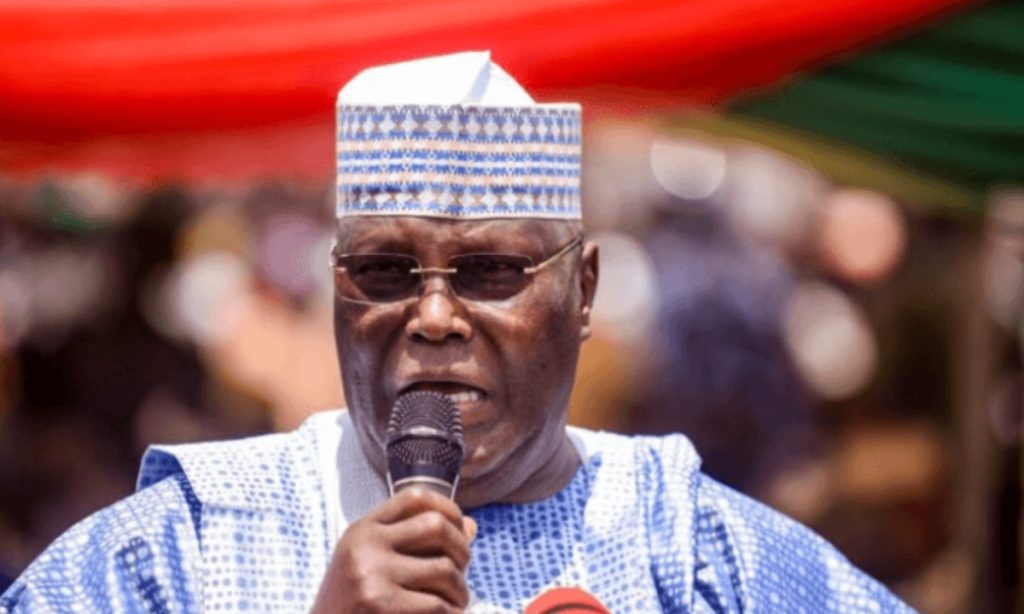A prominent figure within Nigeria’s ruling All Progressives Congress (APC), Ayekooto Akindele, has sparked debate by asserting that President Bola Tinubu holds a decisive electoral edge over leading opposition figures ahead of the 2027 general elections. In a series of social media posts, Akindele contrasted Tinubu’s political track record with the perceived vulnerabilities of former Vice President Atiku Abubakar, ex-Transport Minister Rotimi Amaechi, and Labour Party candidate Peter Obi.
Speaking on X (formerly Twitter), Akindele claimed that Atiku Abubakar, the Peoples Democratic Party’s (PDP) 2023 presidential candidate, has faced consistent setbacks since his first presidential bid in 2007. “Atiku is never a fan of election victory since 2007,” he wrote, referencing the former vice president’s unsuccessful bids for the presidency over the past 16 years. Similarly, Akindele argued that Rotimi Amaechi, a former governor and minister, has struggled electorally since severing ties with Nyesom Wike, the current Minister of the Federal Capital Territory. Wike, once a key ally in Amaechi’s political stronghold of Rivers State, reportedly influenced his past successes.
Akindele also directed criticism at Peter Obi, the Labour Party’s 2023 presidential hopeful, stating that the former Anambra State governor has not secured an electoral win since the 2011 passing of Chukwuemeka Odumegwu Ojukwu, a revered Igbo leader and founder of the All Progressives Grand Alliance (APGA). Obi, who won Anambra’s governorship under APGA in 2006 and 2010, left the party in 2014 and later joined the PDP before his Labour Party pivot.
In contrast, Akindele framed Tinubu as a politically resilient figure, highlighting his victories across multiple eras of Nigerian politics. The APC leader served as Lagos State governor from 1999 to 2007 under the Alliance for Democracy (AD), a party linked to the pro-democracy movement of the 1990s—a period marked by the annulled 1993 election of MKO Abiola, a democratic icon. Tinubu’s 2023 presidential win, though contested in court by opposition parties, solidified his reputation as a coalition builder within Nigeria’s fractious political landscape. “These are hard facts of destiny,” Akindele declared, closing his remarks with a religious greeting to APC supporters.
While Akindele’s claims reflect internal party confidence, analysts note that Nigeria’s political dynamics remain volatile, with economic challenges and regional tensions shaping voter sentiment. The remarks have drawn mixed reactions, with critics dismissing them as partisan rhetoric and allies framing them as a strategic narrative ahead of the next election cycle. As speculation about 2027 alliances intensifies, Tinubu’s ability to maintain cohesion within the APC—and counter opposition coalitions—will likely dominate political discourse in the coming years.



